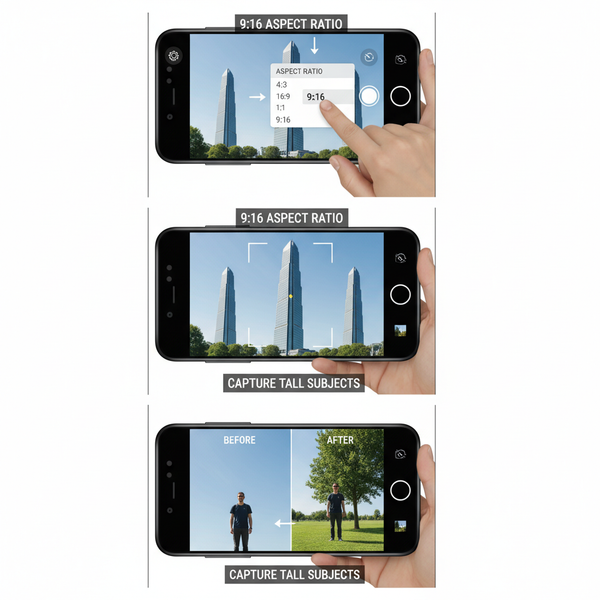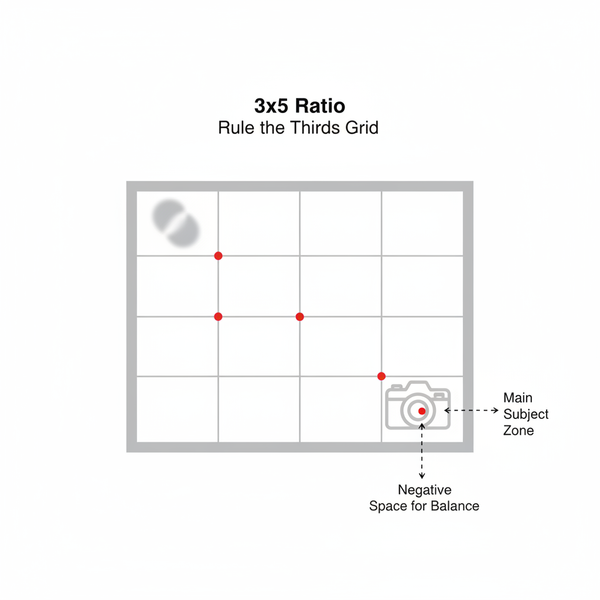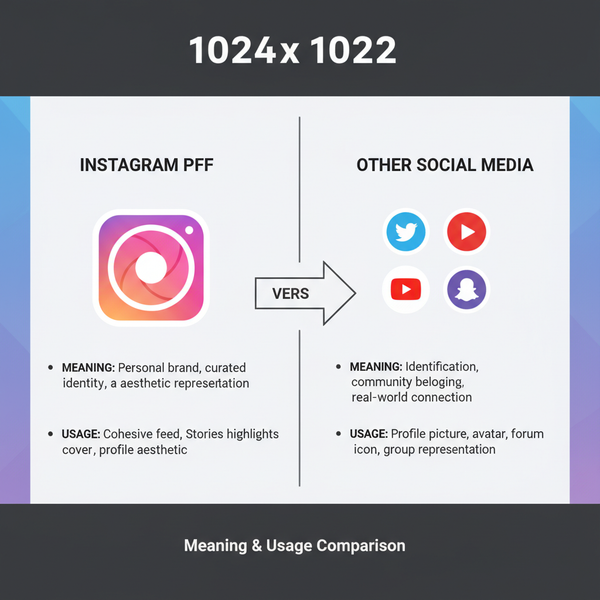My Facebook Is Nothing But Ads and How to Reduce Them
Learn why Facebook feeds feel overrun by sponsored posts and discover practical tools and settings to reduce irrelevant ads while staying connected.
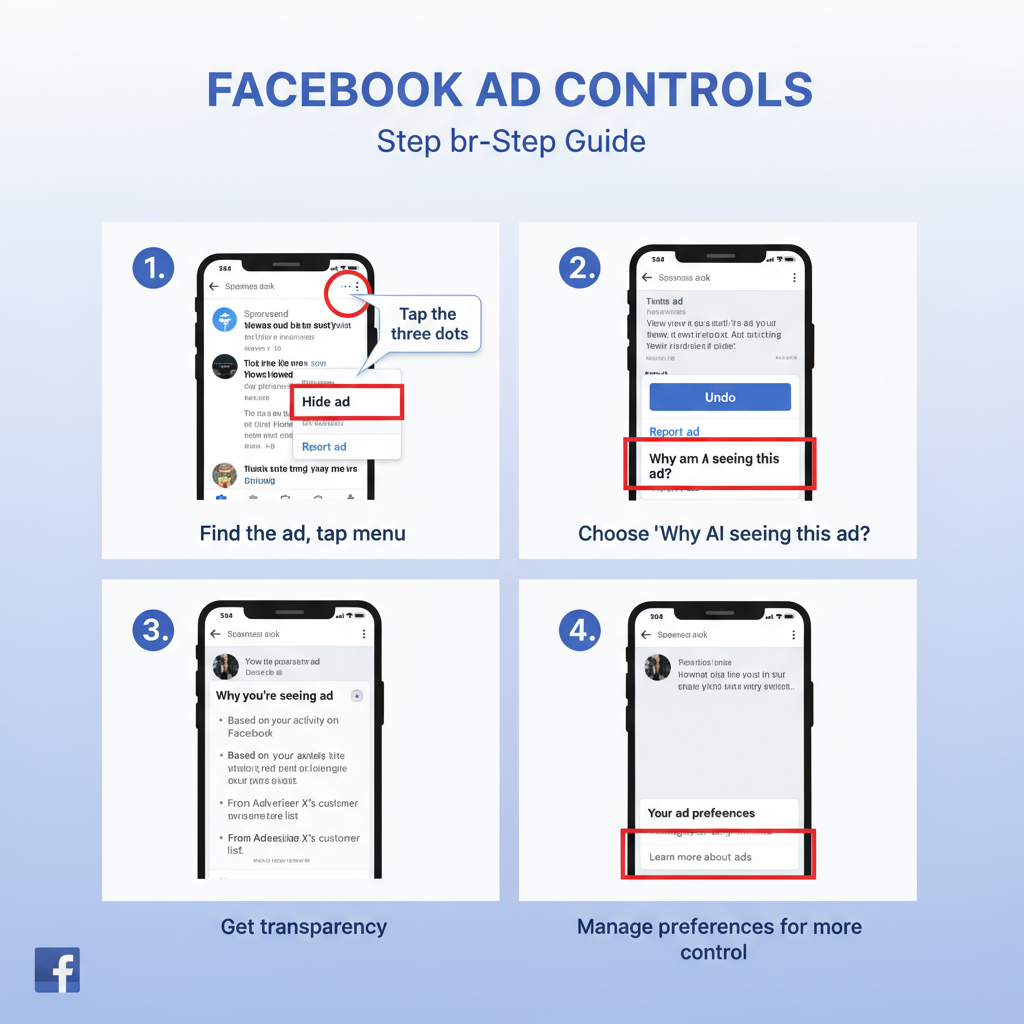
My Facebook Is Nothing But Ads: How to Reduce Them
In recent years, many users have complained, "My Facebook is nothing but ads" — reflecting a noticeable shift toward sponsored content in their feeds. Facebook’s revenue model depends on targeted advertising, meaning promotions are intentionally prioritized by its algorithms. This updated guide explains why your feed may feel overrun by ads and offers actionable strategies to reduce irrelevant promotions while keeping the social connections you value most.

---
Understanding How Facebook’s Algorithm Prioritizes Sponsored Content
Facebook’s algorithm is engineered to maximize engagement and profit. Sponsored posts occupy premium feed positions because they are a core income source.
Key mechanics include:
- Engagement weighting – Ads with high click-through or share rates appear more frequently.
- Behavioral targeting – Your likes, follows, browsing history, and engaged posts affect ad selection.
- Content saturation – When organic friend/group posts are sparse, Facebook inserts more ads to retain user attention.
The net effect: less active personal networks tend to trigger more ad placement by default.
---
Recent Changes in Facebook’s Ad Policy and Feed Ranking
Several policy and algorithm updates have increased ad visibility and density.
| Year | Policy Update | Impact on Feed |
|---|---|---|
| 2021 | Expanded Audience Network integration | Improved cross-platform targeting accuracy |
| 2022 | Algorithm tuned for Reels and short video ads | Greater ad saturation in video-focused feeds |
| 2023 | Simplified “ad transparency” tools | Greater user access to ad data; no drop in ad volume |
| 2024 | AI-driven ranking experiments | Ads occasionally ranked above close friend posts |
These updates intensified advertiser bid responsiveness and shifted the balance toward paid content, creating the feeling that ads dominate your viewing experience.
---
Auditing Your Activity to Understand Targeting
Reducing ads begins with identifying what triggers them. Facebook’s tracking covers:
- Pages and posts you like – Engaging brand pages will prompt more ads.
- Follows – Following sponsored influencers increases related promotions.
- Comments and shares – Interacting with contests or giveaways prompts similar ads.
- External browsing – Facebook Pixel and cookies link activity outside the platform to ad targeting.
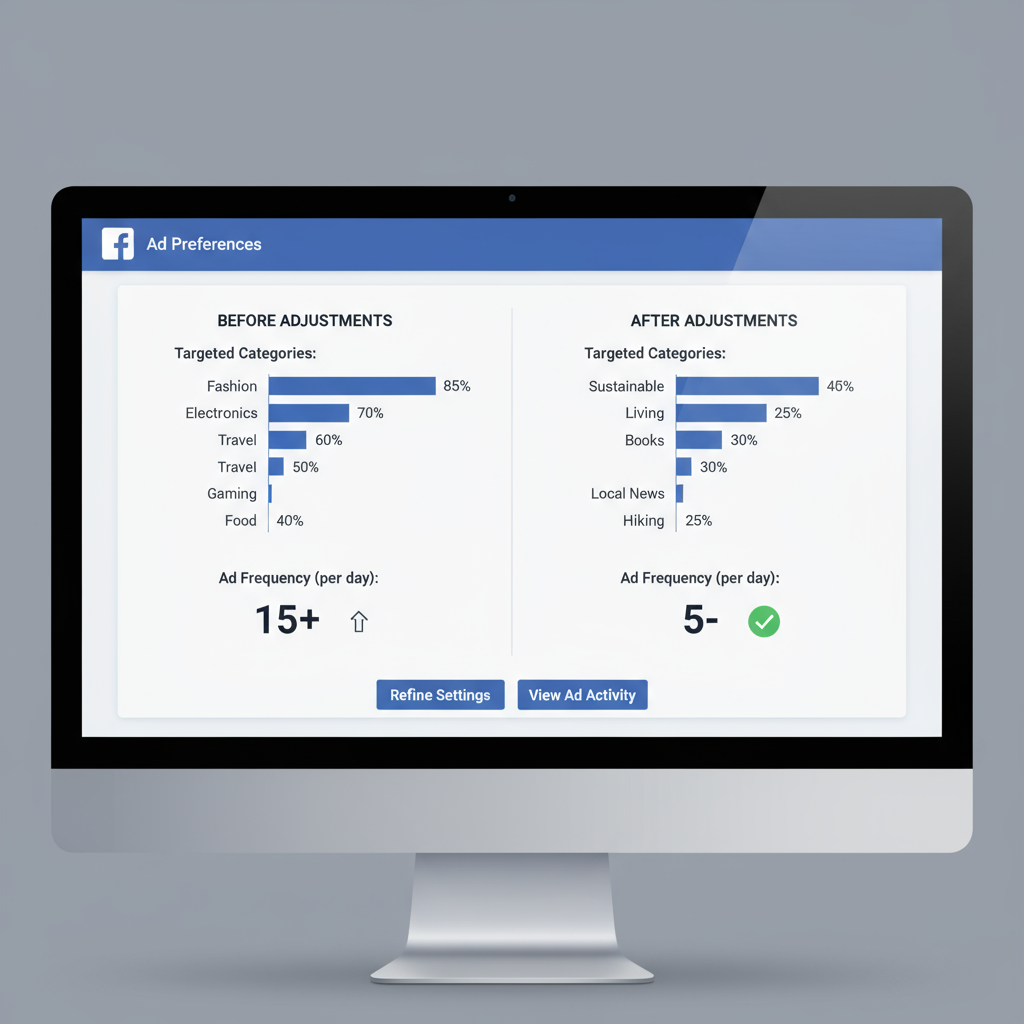
By mapping your digital footprint, you can detect engagement patterns that elevate ad volume — and adjust accordingly.
---
Using "Hide Ad" and "Why am I seeing this?" Tools
Facebook’s built-in controls can help cut down targeted categories:
- Hide Ad – Access via the `⋯` menu on a sponsored post to signal disinterest.
- Why am I seeing this? – Reveals ad targeting factors, such as related interests or demographics.
Quick workflow:
- Find an unwanted sponsored post.
- Select `⋯` > `Hide ad`.
- Check `Why am I seeing this?` to learn targeting criteria.
- Apply this insight to remove or edit related interests in your settings.
---
Adjusting Ad Preferences in Facebook Settings
Fine-tune your interest profile to declutter promotions.
Step-by-step:
- Navigate to Settings & Privacy > Settings.
- Select Ads in the left menu.
- Review and edit:
- Your interests – Remove irrelevant pages/categories.
- Advertisers you’ve seen – Block specific businesses.
- Ad topics – Limit exposure to sensitive categories.
Advanced users may use Graph API to inspect preferences:
## Permissions required to access this endpoint
curl -X GET "https://graph.facebook.com/me/adpreferences?access_token=YOUR_TOKEN"Though ads cannot be eliminated entirely, trimming irrelevant segments makes feeds more appealing.
---
Engaging More With Friends and Groups
Increase organic content by interacting deliberately with non-commercial posts.
Tips include:
- Comment frequently on friends’ status updates.
- Participate in group discussions without commercial bias.
- Share original content to enhance reciprocal engagement.
Strengthened signals for genuine social interactions can shift your feed’s balance in favor of organic posts.
---
Joining Niche, Active Groups to Offset Ad Frequency
Quiet feeds tend to be filled with ads. Active niche groups can help replace paid posts with organic content.
Benefits:
- Quality discussions with strict anti-sales rules.
- Consistent activity to maintain organic feed density.
- Targeted networking aligned with your interests.
Examples:
- Local community hobby groups
- Professional industry forums
- Support networks with low spam tolerance
---
Exploring “Most Recent” View to Limit Algorithmic Ad Placement
Switching to chronological order prioritizes time-based posts over targeted placements.
Desktop:
- Click “Feeds” in the sidebar
- Choose Most Recent
Mobile:
- Tap menu icon
- Navigate to Feeds > Most Recent
While not a permanent setting, toggling regularly can temporarily reduce ad prominence.
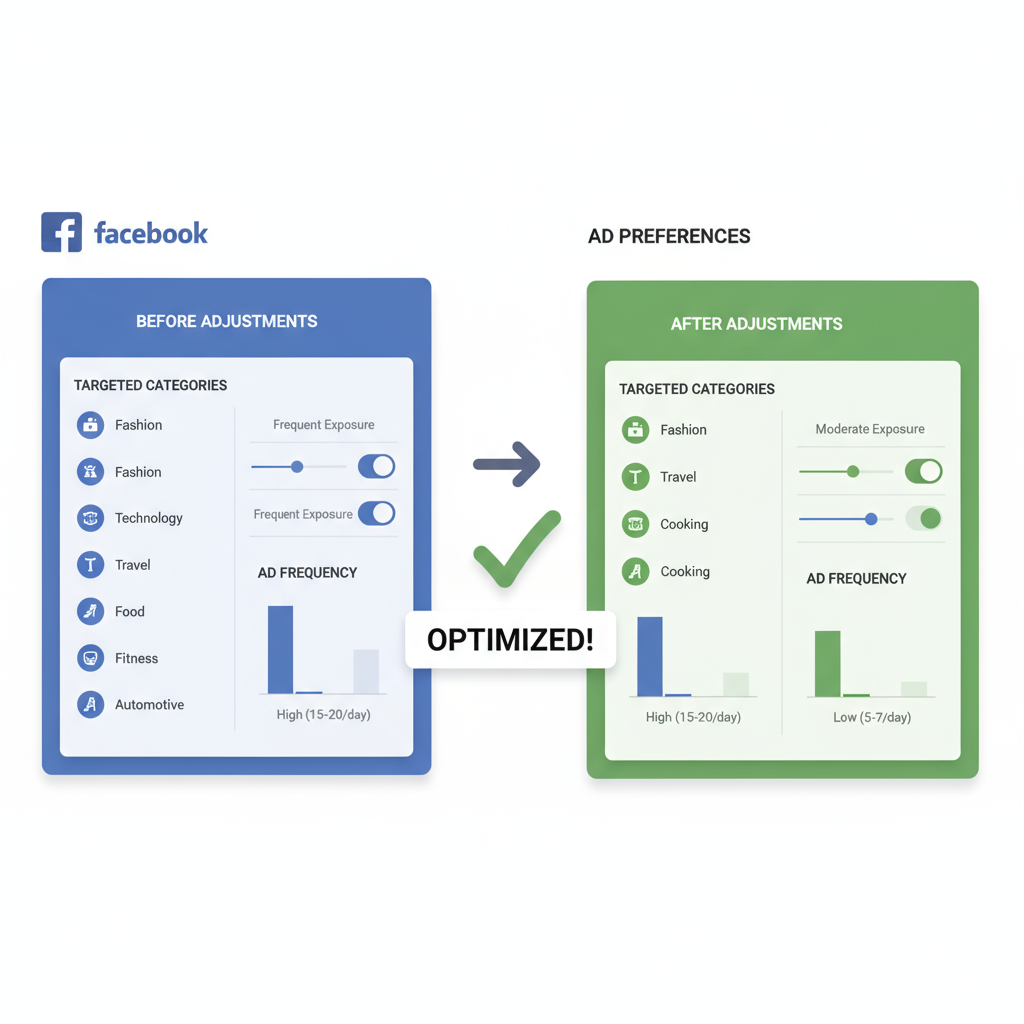
---
Clearing Watch History and Search History
Advertising algorithms leverage past viewing and search data to refine targeting.
To clear:
- Go to Settings & Privacy > Activity Log
- Filter by Videos Watched and delete
- Clear Search History
This prevents repeated targeting based on minimal commercial interaction.
---
Evaluating the Benefits vs Annoyance of Ads
Balancing pros and cons helps decide how rigorously to limit ads.
| Pros of Ads | Cons of Ads |
|---|---|
| Discovering new brands | Cluttered feed |
| Access to deals and promotions | Potential privacy issues |
| Funds platform operations | Reduced organic visibility |
If the disruption outweighs benefits, consider scheduled breaks from the platform to reset expectations.
---
Conclusion and Next Steps
The impression that “my Facebook is nothing but ads” is driven by both Facebook’s algorithmic design and your own user behavior. Complete removal of ads isn’t possible, but by auditing your activity, adjusting preferences, engaging in organic content, and using in-feed tools, you can significantly minimize irrelevant posts.
Start implementing these strategies today to reclaim a more authentic and enjoyable Facebook experience — and share this guide with friends who are equally frustrated.

